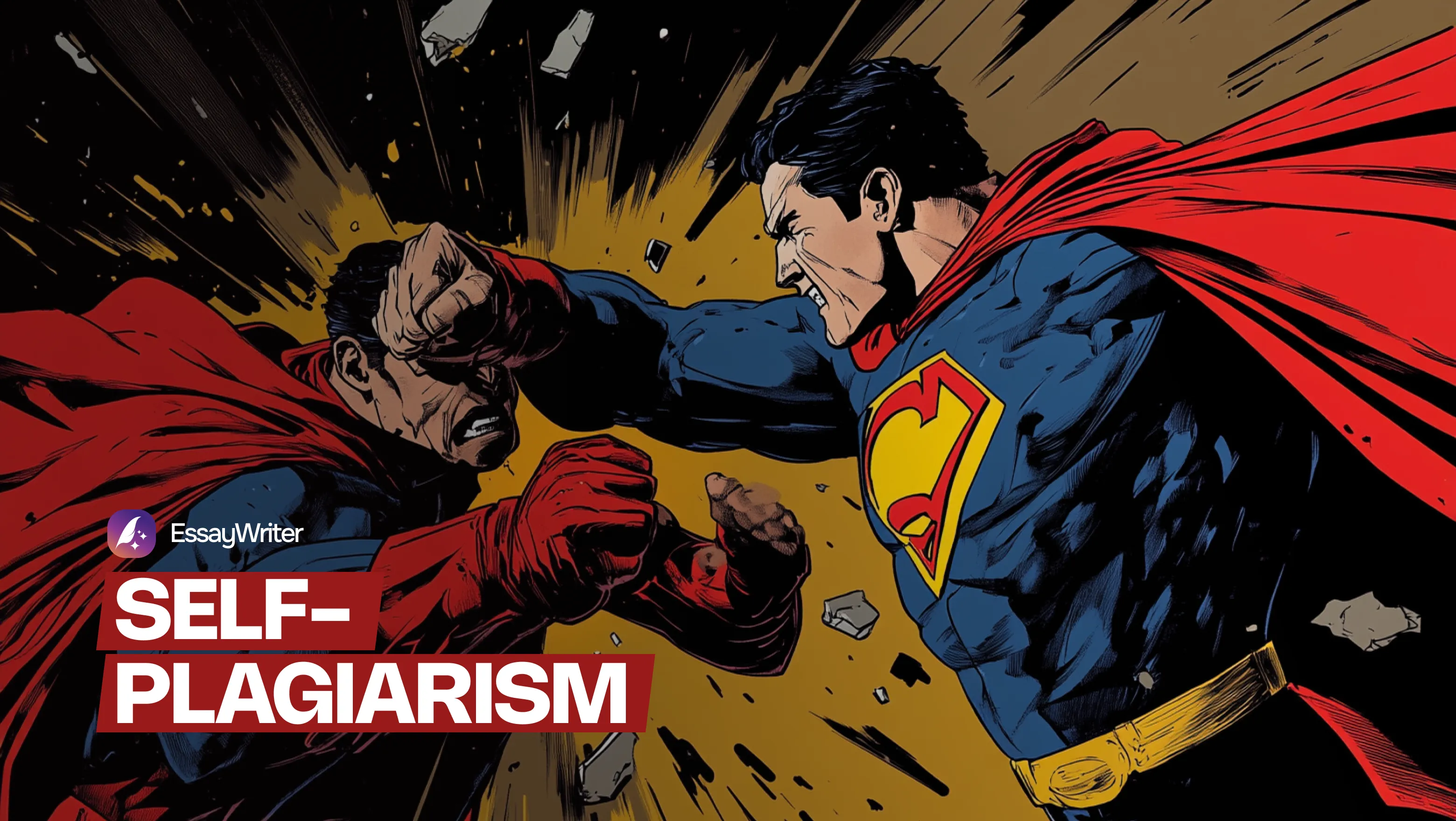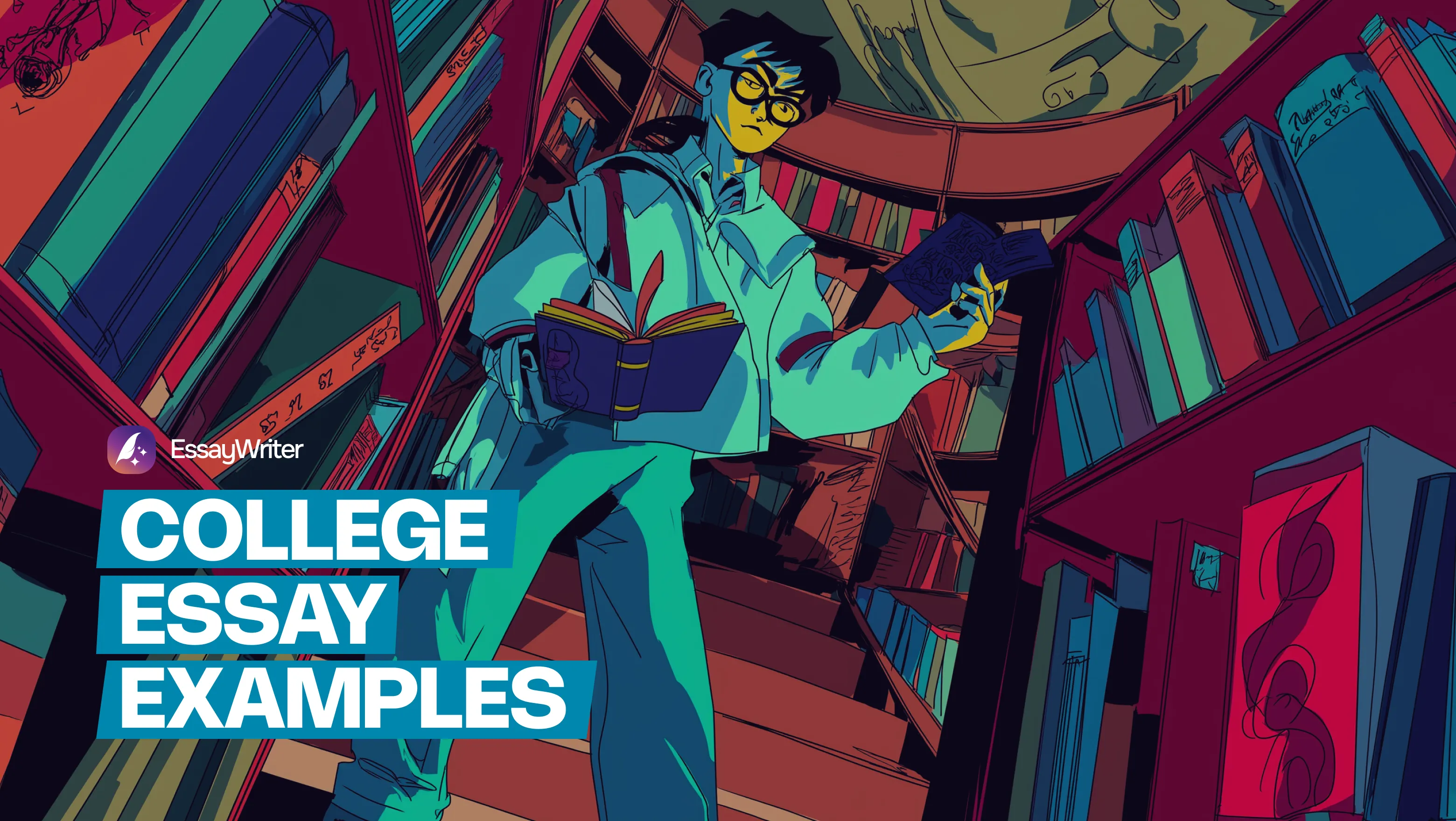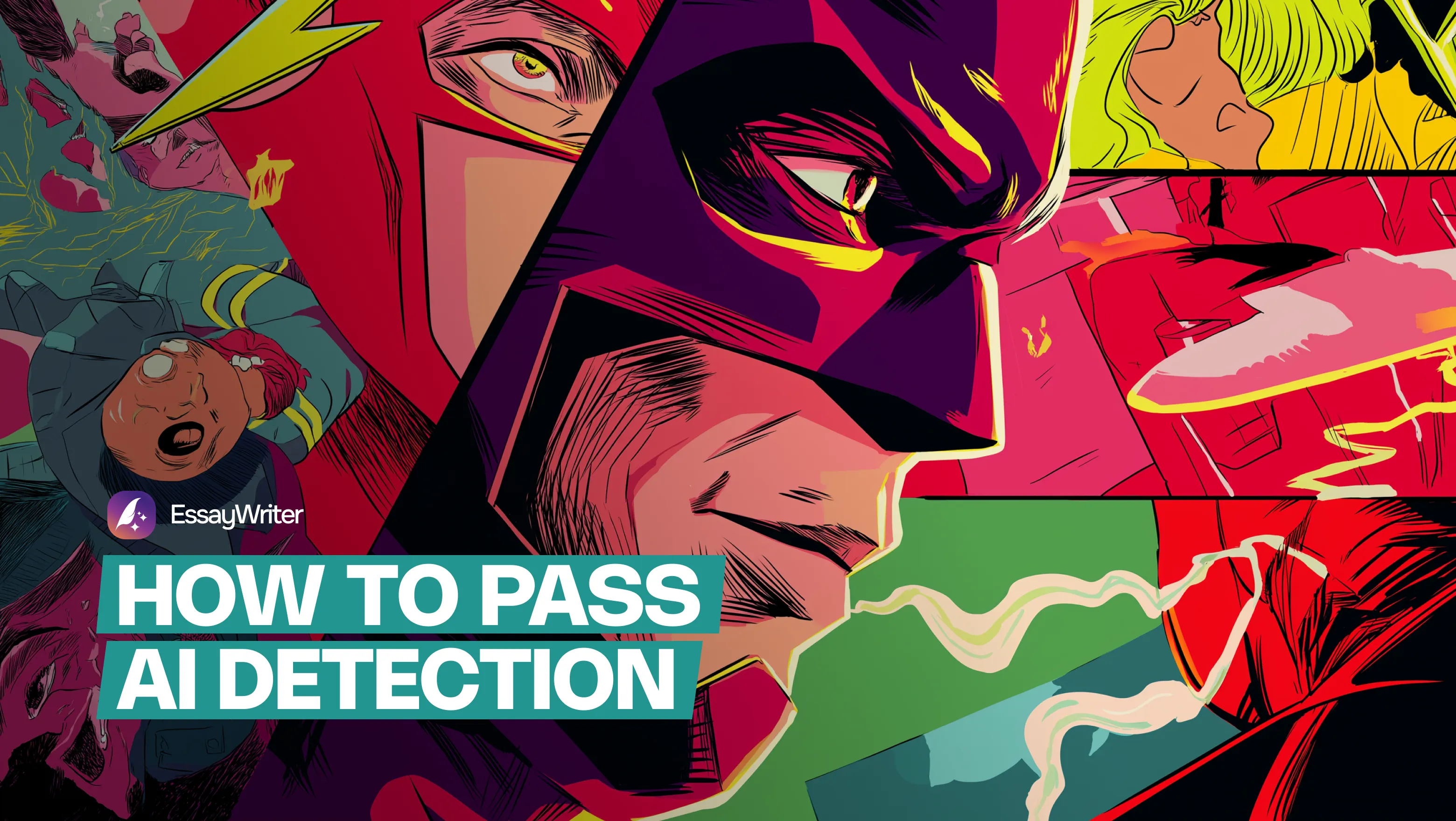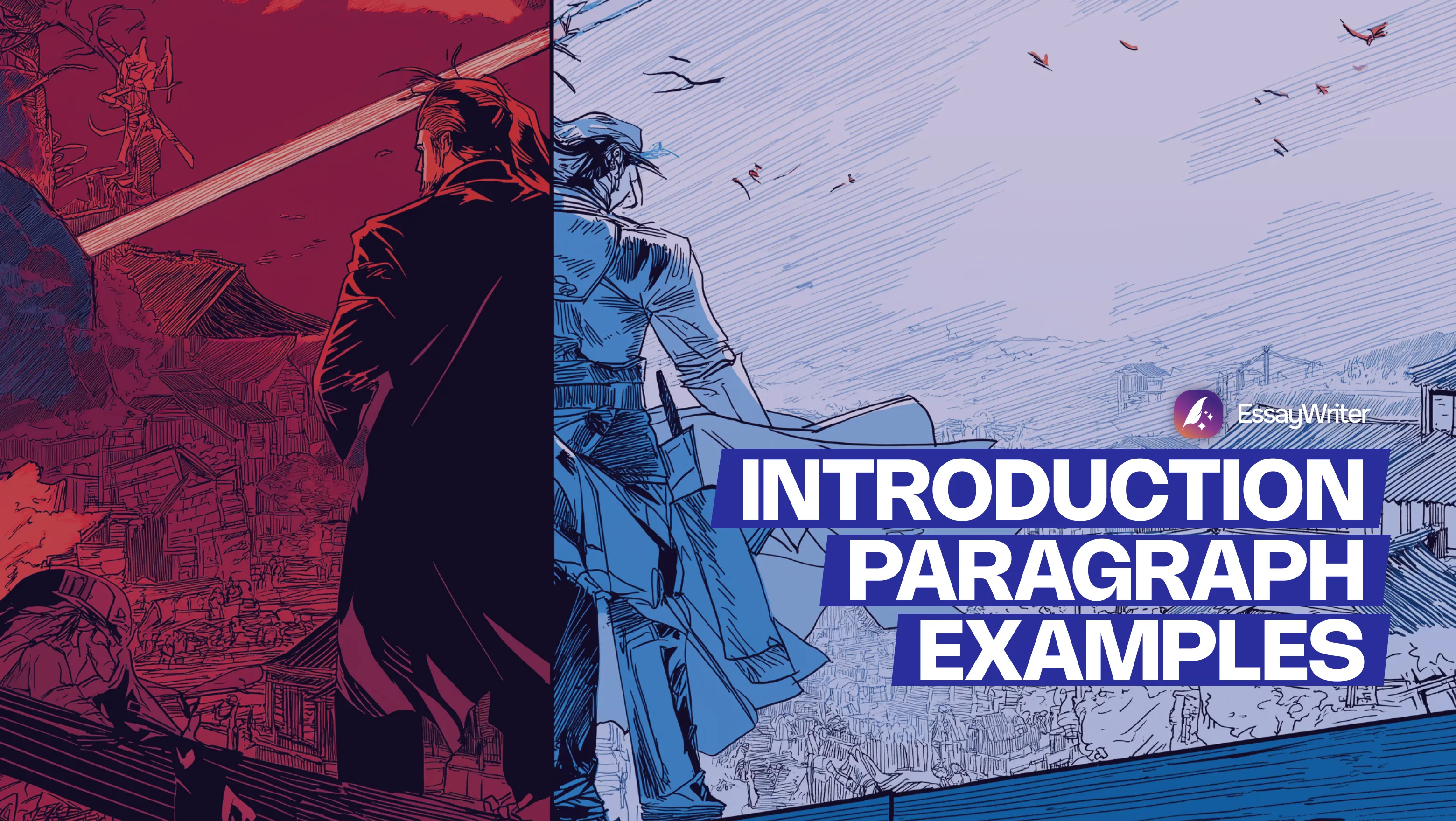What Is Self-Plagiarism?
Self-plagiarism definition is taking your own past work and passing it off as new without giving credit. This happens when a student reuses parts of a previous assignment instead of creating an original one. This includes small parts of a paper, or even specific phrases.
The issue with self-plagiarism is misleading your instructor rather than “stealing” from yourself. The expectation for each piece of writing is to show originality. So, when you draw on your earlier work, you breach your academic integrity, which schools take very seriously.
Looking For Credibility?
EssayWriter’s academic professionals can help you craft original assignments.
Buy Essays Now
Examples of Self-Plagiarism
A clear self-plagiarism example will show how it appears in academic work. It’s not always about copying an entire paper – sometimes it’s smaller choices that still cross the line. Here are situations where self-plagiarism occurs:
- Submitting a history essay written last year to meet the requirements of a political science class this semester, even if the themes overlap.
- Reusing a personal statement for a college application and then submitting it again for a scholarship that specifically asks for original work.
- Lifting the introduction or analysis paragraphs from one of your earlier papers and inserting them into a new assignment without citation.
- Including data you created for a past project in a new paper without making clear that they come from earlier research.
- Reworking large portions of a published research article without acknowledging that the material appeared before.
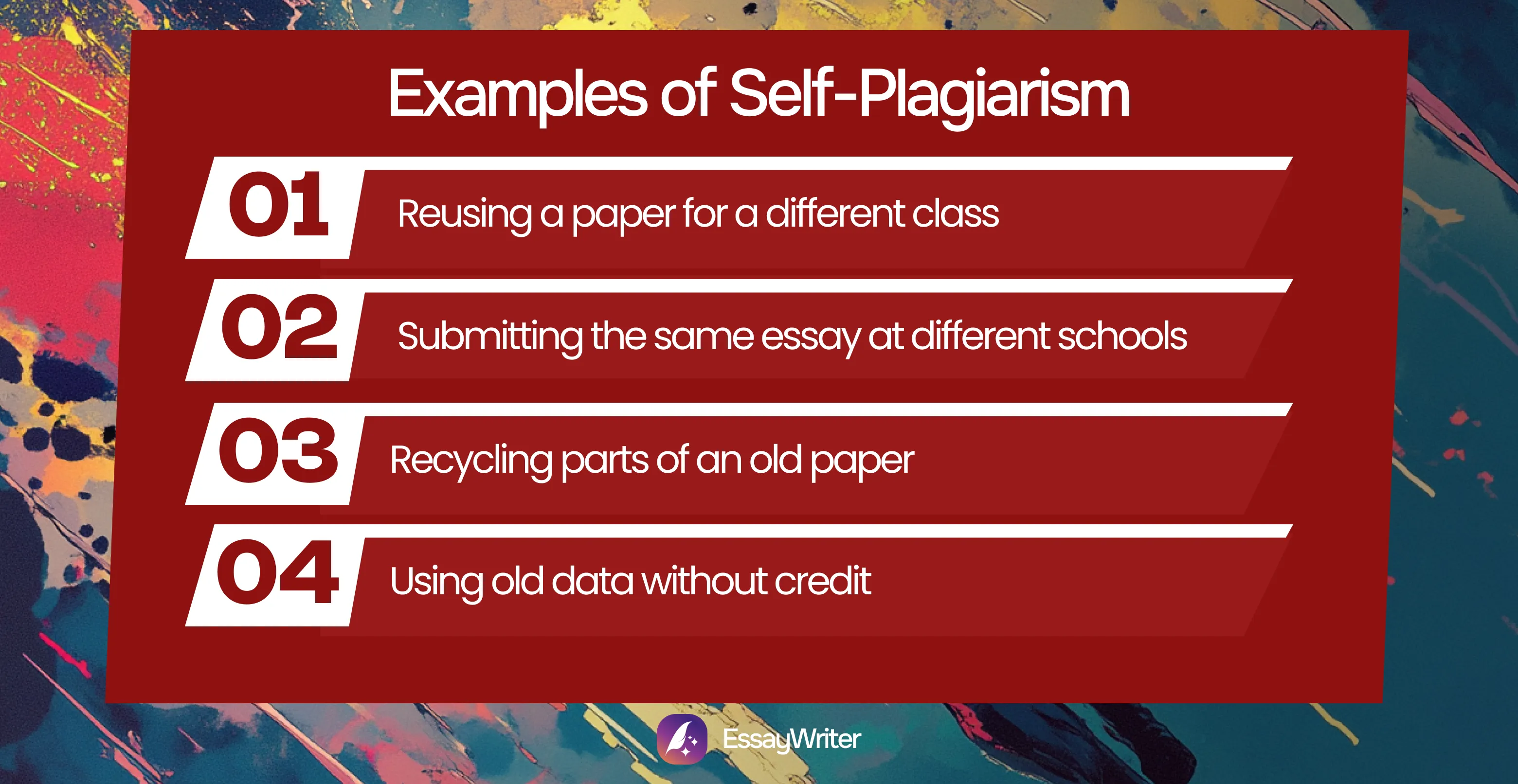
Why Is Self-Plagiarism Bad?
Self-plagiarism might seem harmless: you're not stealing someone else's work, are you? But it’s still considered a serious offense in academia. Schools don’t just give you assignments to keep you busy on Friday nights, they do it because original work is how they evaluate what you’ve actually learned.
You don’t want to reuse old content that does nothing but send the message that you’re cutting corners, as it might follow you longer than you’d like if it comes up in academic records on recommendation letters. Saving a few hours is simply not worth the risk of damaging your reputation.
Besides, self-plagiarism creates an uneven playing field. Other students are actually putting in the work to research and write from scratch. You? You just copy your own work and skip the entire process. It’s simply unfair, which is why professors take it so seriously.
Check out what percentage of plagiarism is allowed in different academic works.
How To Avoid Self-Plagiarism
Don’t think that writing every single assignment from scratch is the only way to avoid self-plagiarism. You just have to be smart and honest about how you use your work, and it’s actually easier than you think. Let’s get into the good stuff.
Know How to Cite Yourself
Yes, citing yourself is a real thing! And no, it’s not weird or arrogant. You have to give credit where it’s due, regardless of whether this credit is given to yourself or an academic professional. Shortly put, you must know how to cite yourself and treat what you’ve written before just like any other source.
Take a look at the most common formatting options below so you know exactly how to handle citations:
Write Something New
Sure, it’s tempting to copy that beautifully worded paragraph from last semester, the one that still makes you feel like a genius. But reusing content word-for-word? Unfortunately, that’s self-plagiarism. Your old work should be treated like the first building block. Use the ideas, but give them a fresh spin. Your brain isn’t out of good stuff, you just have to stop recycling and start writing again.
Be Upfront
Reusing something from your own past work? Say it loud, say it proud. Regardless of whether it’s a single line or a whole visual, it’s transparency that keeps you out of trouble. Professors won’t mind you building on your own work, but they sure frown upon dishonesty. A quick heads-up now is much better than red flags all over your report later.
Keep Your Drafts
Your past drafts, even the messy ones, are gold, so don’t toss them too soon. Keeping early versions of your work can help you clearly see a timeline of how your ideas have evolved. Plus, that’s how you avoid unintentionally copying yourself.
Run It Through a Checker
Even the best intentions can lead to accidental repeats. That’s why the EssayWriter Plagiarism Checker can be your academic lifesaver. All it takes is a few minutes to run a check on your work, and you’ll save hours of headache later.
How Do Educational Institutions Detect Self-Plagiarism?
Colleges and universities take plagiarism very seriously. It’s only logical that they have strict systems in place to catch it. These are a few examples of how they can catch self-plagiarism:
- Plagiarism checkers scan new submissions against huge databases of past papers, flagging anything that looks recycled.
- Universities often keep archives of old assignments. This allows professors to see when a fresh essay overlaps with an older one.
- Instructors themselves can usually tell when arguments or writing styles feel familiar. They can spot repeated patterns without much effort.
- Departments sometimes share observations, especially if they suspect a student is circulating the same paper across multiple classes.
- Outdated citations or mismatched references also raise red flags. This leads professors to dig deeper into the source of the work.
Take a look at our article on famous plagiarism cases to understand the long-term effects of academic dishonesty.
Final (Original) Thoughts
As great as recycling is for our planet, it’s not as useful when it comes to writing your papers. There’s a fine line between building on past ideas and crossing into self-plagiarism territory. Professors want to see what you’ve learned now, not a rerun of what you understood three semesters ago.
So, is self-plagiarism a thing? Absolutely. It can also tank your grade faster than a copy-paste shortcut. The fix? Stay honest. If you reuse your work, cite it properly and make sure there’s fresh thinking in the mix. And if you’re stuck staring at a blank page, EssayWriter’s experts or AI essay writer are ready to help you write something sharp, original, and completely stress-free.
FAQ
Is Self-Plagiarism Illegal?
Self-plagiarism isn’t illegal in the same way that academic fraud can be, but that doesn’t mean it’s harmless. Self-plagiarism consequences in academic settings might include failed assignments and academic probation, even expulsion from the university in extreme cases.
When Is Self-Plagiarism OK?
Self-plagiarism can be okay when you’re building on your research for a thesis or referencing your own published material. But it’s only allowed when you have explicit approval from your instructor. Without that green light or properly citing the reused content, you can very easily enter self-plagiarism territory.
When Do I Need to Cite Myself?
You need to cite yourself whenever you use any part of your previous work, doesn’t matter how small. Citations are how you keep your record clean and how you show you’re not trying to pass off old ideas as new ones.
- Roig, M. (n.d.). Avoiding plagiarism, self-plagiarism, and other questionable writing practices: A guide to ethical writing Please send any questions, comments, or suggestions to. https://graduateschool.vt.edu/content/dam/graduateschool_vt_edu/graduate-honor-system/ghsplagiarism.pdf
- When is “self-plagiarism” OK? New guidelines offer researchers rules for recycling text. (n.d.). Www.science.org. https://www.science.org/content/article/when-self-plagiarism-ok-new-guidelines-offer-researchers-rules-recycling-text
Recommended articles
